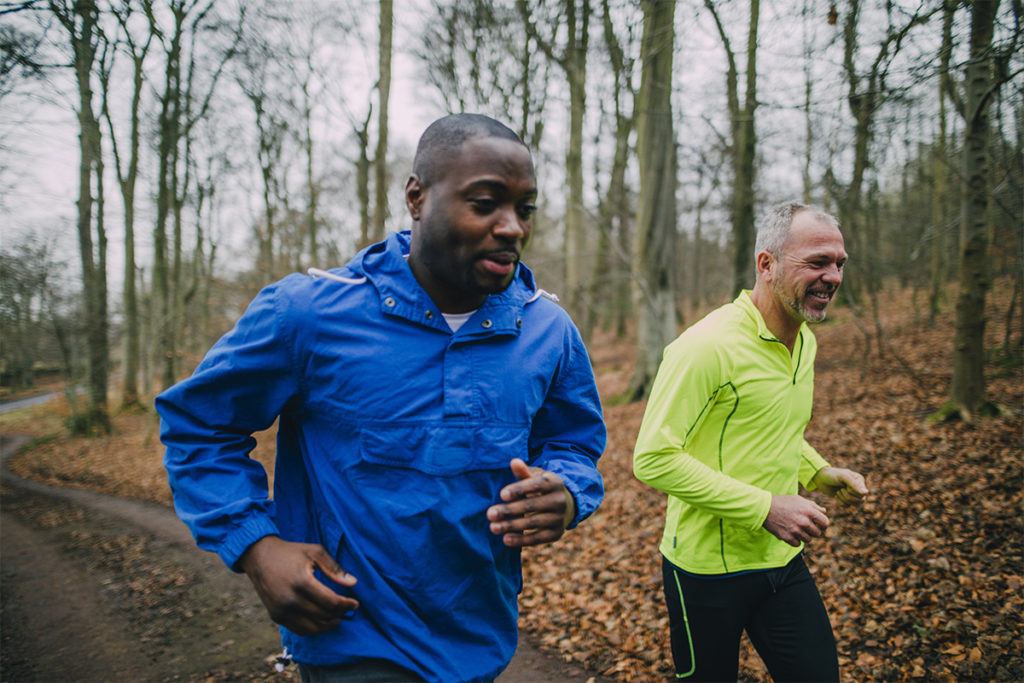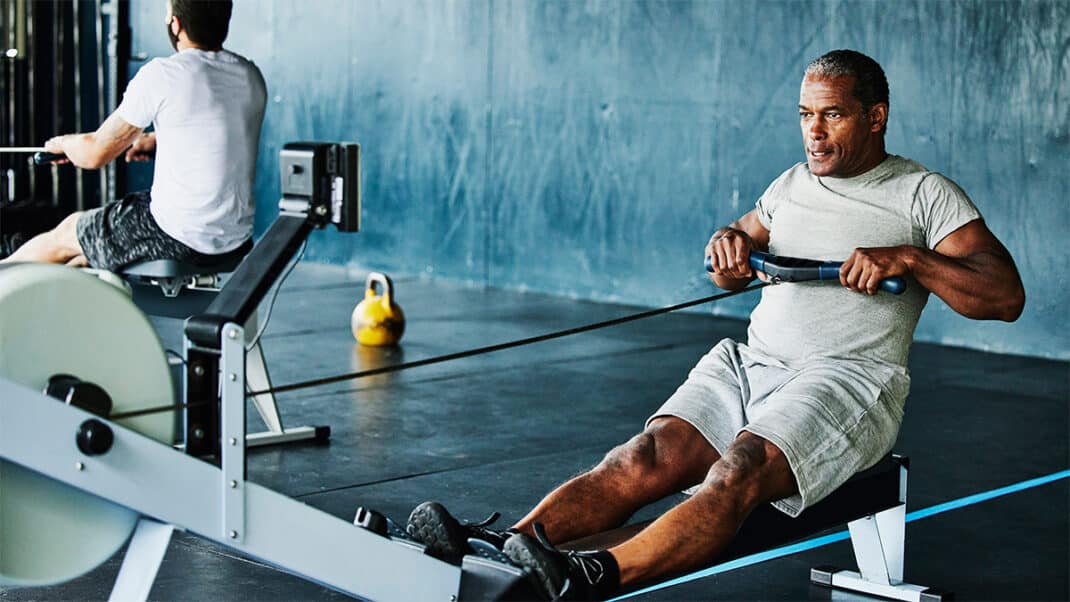Why the Benefits of Exercise Vary
Blood protein levels may predict how different individuals will experience the benefits of exercise.

We know that everyone can experience the benefits of exercise, but it has remained unclear why different people may respond to the same exercise program in different ways. The mechanistic links between physical fitness and general health have also been unclear.
“While groups as a whole benefit from exercise, the variability in responses between any two individuals undergoing the very same exercise regimen is actually quite striking. For example, some may experience improved endurance while others will see improved blood sugar levels,” said Robert E. Gerszten, MD, chief of the Division of Cardiovascular Medicine at Beth Israel Deaconess Medical Center (BIDMC), according to a Science Daily press release. “To date, no aspects of an individual’s baseline clinical profile [have allowed] us to predict beforehand who is most likely to derive a significant cardiorespiratory fitness benefit from exercise training.”
Now we may have a better understanding of these questions, thanks to a study published in Nature Metabolism and led by BIDMC researchers. The findings could make it easier to forecast which types of exercise would most benefit specific individuals. Additionally, the study could help scientists identify new therapeutic targets for metabolic diseases.
Variability in the Benefits of Exercise
To investigate how the benefits of exercise vary from one person to the next, the team measured blood levels of about 5,000 proteins in 650 previously inactive adults before and after a 20-week endurance exercise program.
“We were particularly interested at looking at proteins in the blood to study the effects of exercise because there is a growing body of evidence showing that exercise stimulates the secretion of chemicals into circulation that can impart their effects on distant organs,” said first author Jeremy Robbins, MD, of the Division of Cardiovascular Medicine at BIDMC, in the same press release.
A set of 147 proteins in the blood reflected a participant’s cardiorespiratory fitness, or VO2max, at the start of the study. Another set of 102 proteins indicated any change in that person’s VO2max after the 20-week program.
Study Findings
“We identified proteins that emanate from bone, muscle, and blood vessels that are strongly related to cardiorespiratory fitness and had never been previously associated with exercise training responses,” said Gerszten, the study’s senior corresponding author.
Robbins added, “Even though prior studies have shown that an individual’s baseline fitness level is unrelated to their response to exercise training, it was fascinating to see that there was minimal overlap between the protein profiles of baseline VO2max and its response to the exercise training intervention.”
The Takeaway
With this information, the researchers developed a protein score that increased their ability to forecast an individual’s trainability (i.e., change in VO2max). For instance, the score identified participants who did not make significant gains in cardiorespiratory fitness during the exercise program. “Baseline levels of several proteins predicted who would respond to the exercise training protocol far better than any of our established patient factors,” Gerszten said.
The Benefits of Exercise for Long-Term Health
Robbins and colleagues also conducted a community-based study. There, they found an association between some proteins and a higher risk of early death, emphasizing the link between cardiorespiratory fitness and long-term health outcomes.
“We now have a detailed list of new blood compounds that further inform our understanding of the biology of fitness and exercise adaptation [and that] predict individual responses to a given exercise regimen,” said Gerszten, according to Science Daily. “While no pill is ever likely to recapitulate the diversity of benefits from exercise, our study has helped create a roadmap to further explore potential interventions and provides an important step in individualizing exercise as a therapy.”
Gerszten would like to see further research in this area, to look more closely at how different proteins affect responses to exercise.
Kate Watson is the executive managing editor of IDEA Publications.
References
Beth Israel Deaconess Medical Center. 2021. New research may explain why some people derive more benefits from exercise than others. Accessed July 1, 2021: sciencedaily.com/releases/2021/05/210527112436.htmScienceDaily.
Robbins, J.M., et al. 2021. Human plasma proteomic profiles indicative of cardiorespiratory fitness. Nature Metabolism, doi: 10.1038/s42255-021-00400-z




